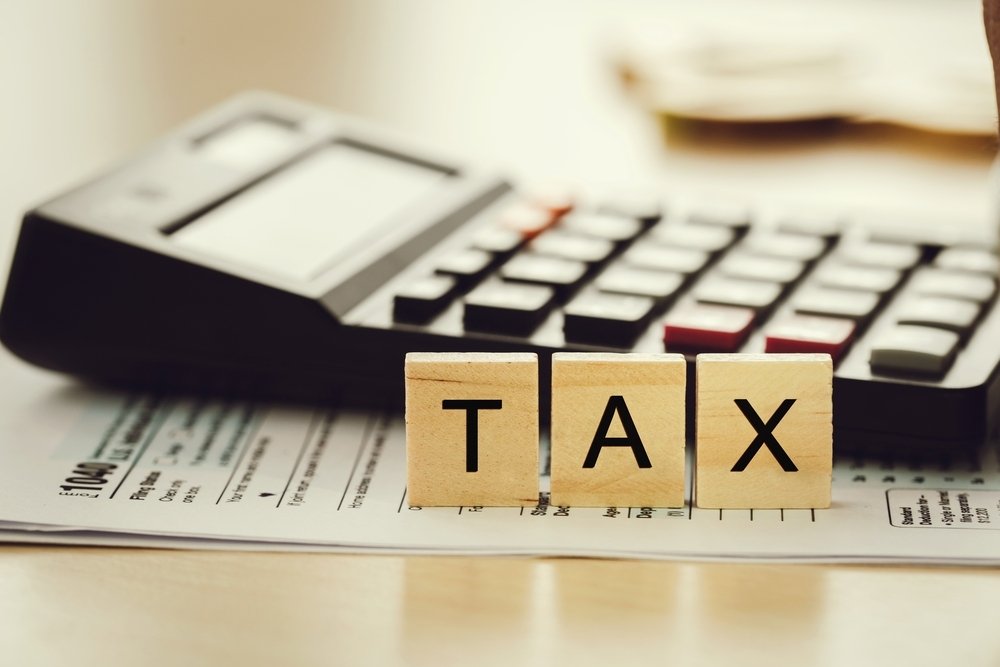Understanding the Exclusion of Capital Gains Tax on Primary Residences in the United States: Focus on Miami
The exclusion of capital gains tax on primary residences is an important tax benefit for homeowners in the United States, allowing them to keep more of their home sale profits. If you’re considering selling your home, especially in a dynamic market like Miami, understanding how this tax exclusion works can save you a significant amount of money. Let’s take a deeper dive into this tax benefit and its impact on Miami residents.
What is the Exclusion of Capital Gains Tax on Primary Residences?
Under the Taxpayer Relief Act of 1997, homeowners in the U.S. can exclude a certain amount of capital gains on the sale of their primary residence, meaning they don’t have to pay tax on the profits from the sale of their home, up to a specified limit. For individuals, the exclusion is up to $250,000, and for married couples filing jointly, the exclusion is up to $500,000.
This exclusion can be especially valuable for homeowners in areas with rising property values, such as Miami. It essentially means that if you sell your home for a profit, and you’ve lived there for at least two of the last five years, you could pocket those gains without the IRS taking a cut—up to the $250,000 or $500,000 limit.

Eligibility Requirements for the Capital Gains Exclusion
To qualify for this exclusion, you must meet the following criteria:
Ownership Test: You must have owned the home for at least two years within the last five years leading up to the sale. The two years do not need to be consecutive.
Use Test: The home must have been your primary residence for at least two years within the same five-year period.
Frequency of Use: You can only claim the exclusion once every two years. This prevents individuals from selling homes frequently to avoid paying taxes.
Miami’s Real Estate Market and Capital Gains Tax Exclusion
Miami’s real estate market has been seeing significant growth in recent years. Known for its luxurious properties, warm climate, and thriving international market, Miami remains a hotspot for both domestic and foreign buyers. As property values in Miami continue to rise, homeowners may stand to gain considerable profits from the sale of their primary residences.
For example, if you purchased your Miami home for $400,000 several years ago and sold it for $800,000, you would typically have a $400,000 capital gain. However, if you qualify for the exclusion, as a single filer, you would not pay any capital gains tax on the first $250,000 of that gain, and if you’re married filing jointly, the first $500,000 would be tax-free. This can significantly reduce your tax burden and allow you to keep more of the proceeds from your sale.

How Does This Benefit Miami Homeowners?
Given Miami’s booming property market, many homeowners may see a sharp increase in the value of their homes, especially if they’ve owned their property for several years. The exclusion of capital gains tax provides a major incentive to sell, as it allows sellers to maximize their return without worrying about the usual tax implications.
Additionally, Miami’s real estate market tends to attract high-net-worth individuals and investors from around the world, which can drive property prices up even more. As a result, if you’re considering selling your primary residence in Miami, this tax exclusion could provide a substantial benefit by allowing you to pocket the profit without having to share it with the IRS.
Important Considerations for Miami Homeowners
While the capital gains tax exclusion can be a great advantage, there are a few things to keep in mind, especially for Miami homeowners:
State Taxes: Florida does not impose a state income tax, which can be a significant advantage for Miami homeowners compared to those in other states. This means that even if you exceed the federal capital gains exclusion limits, you won’t face additional state-level taxes on your profits.
Investment Properties: If you’re selling an investment property or a second home, the exclusion does not apply. Only the sale of your primary residence qualifies.
Home Improvements: Keep in mind that you can increase your home’s cost basis through qualifying improvements. This could lower the amount of your capital gain when you sell, potentially making you eligible for a larger exclusion.
Special Circumstances: In some cases, such as moving for a job or due to health issues, the IRS may offer a reduced exclusion even if you haven’t met the full two-year requirement. Make sure to consult with a tax advisor to understand your eligibility.

Conclusion
For homeowners in Miami, the exclusion of capital gains tax on primary residences can be a valuable tool to maximize profits when selling a home. With Miami’s competitive real estate market and rising property values, understanding how this exclusion works can help you make informed decisions. If you’re planning to sell your home in the near future, be sure to consult with a tax professional to ensure you qualify for the exclusion and get the best possible financial outcome.



Join The Discussion